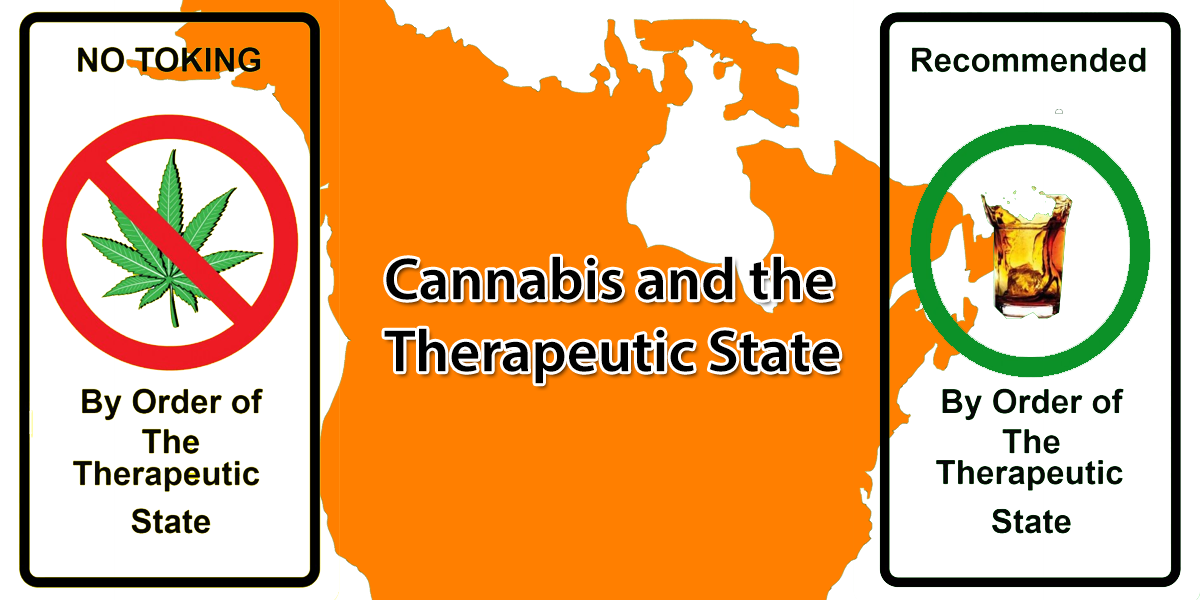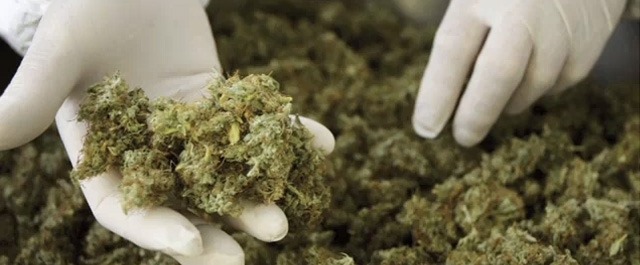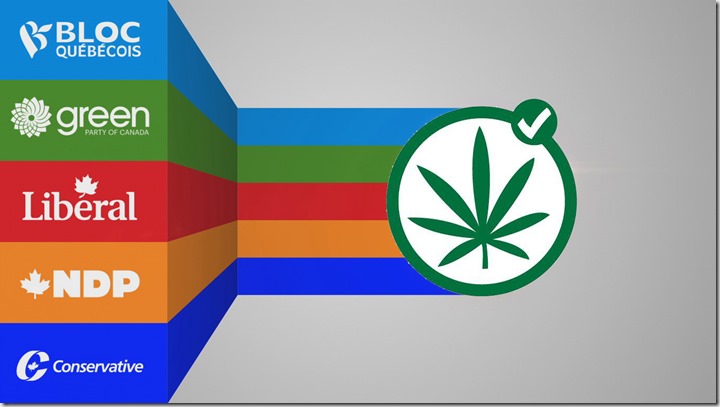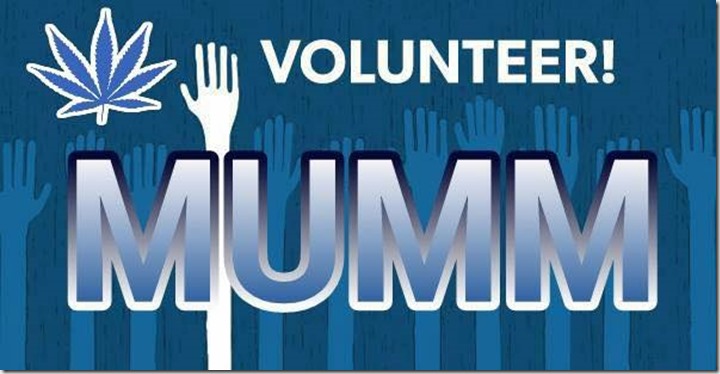Thomas Szasz’s Iconoclastic Views on Cannabis and Everything Else We Like
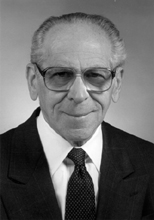
Thomas Szasz (1920-2012) was a psychiatrist and academic known for his libertarian views: the right to freedom of choice arising from the principle of self-ownership. No government, he wrote, is going to be dedicated to freedom. It is the nature of government to expand its sphere of influence. He coined the term “therapeutic state” to describe contemporary relations between citizens, the medical establishment and the law. The therapeutic state tells us what to do, think and feel—similar to the nanny state, but maybe a little bit worse. For Szasz, ‘drug abuse’ is a nonsense term; ‘drug abusers’ are just people with habits that somebody doesn’t like. From his radical standpoint, there ought to be a free market in all substances, including pharmaceuticals. I cannot share Szasz’s faith in free markets, but I never cease to find his words a soothing balm. Here are some of my favourites on legalized grandiosity. They’re taken from two of Szasz’s works: Our Right to Drugs: The Case for a Free Market; and Ceremonial Chemistry: The Ritual Persecution of Drugs, Addicts, and Pushers.
FIFTEEN HABITS OF THE THERAPEUTIC STATE
1. It Outlaws self-medication.
Adults deemed competent to drive, own property, vote, and procreate are kept dependent on a medical industry to tell them how and when to medicate. Moreover, to the extent that self-medication is self-pleasuring, champions of self-medication are labeled criminals, and placed in prisons much in the way that masturbators were once labeled insane, and placed in asylums.
2. By the Same Token, It Corrupts The Patient-Doctor Relationship.
In 1910 citizens in Canada and the US could stroll into a pharmacy and buy some cannabis oil to help them relax, sleep, or ease their pain. They relied on their own judgment, which conferred dignity. Now citizens have to convince doctors that they need such things, which robs them of dignity. This process can also give rise to the charade of mimicking symptoms just to get a script. Many citizens want cannabis because it makes them feel better. There is nothing in medical training that qualifies doctors to say how much better people should feel.
3. It Criminalizes Habits it Labels Immoderate

The therapeutic state’s cannabis laws are premised on the notion that cannabis cannot be taken in moderation. That’s nonsense. But for the sake of argument, lets imagine for a moment that most people who like cannabis will overdo it. So? Moderation is an individual virtue. It cannot be coerced, imposed or otherwise artificially created. Sensible societies do not outlaw behaviours merely because they are immoderate. We don’t criminalize people for eating too many jelly doughnuts. We outlaw only behaviours that encroach on the self-ownership of others.
On a personal note, I aim to keep up with the excellent, hard-working habits of my fellow cannabis activists. But I claim the right occasionally to be an immoderate slob.
4. Besides, The Therapeutic State Wants Its Citizens to Be Hooked
The therapeutic state tries to narcotize citizens with booze, tobacco, work, material goods, and money. When these devices fail them, as they often do, and citizens try to turn to other things, they are prosecuted, packed off to treatment centres, or imprisoned. That fact should be enough to make us all anarchists.
5. It Especially Invites Citizens To Drink
The state says that young people can drink alcohol when they turn 19 years of age. That policy, despite ensuing street fights and mailboxes thrown through store windows, makes drinking in North America a symbol of competence and maturity.
6. To Top It Off, It Celebrates Mass Temptation
Today we do not speak of temptation, but of advertising. Modern advertising manufactures needs, invites cruel comparisons, and pushes trashy products. If we called it temptation we would recognize it for what it is. In the therapeutic state, enjoying cannabis could land you in a treatment program; advertising sugar to children could win you a place in the international ad festival.
7. It Employs Brain Washing Techniques
North Americans have endured decades of carpet-bombing with anti-cannabis ideology. Many of them will remain bombed out for the rest of their lives. A personal observation: thus far there is no rehab for this condition.
8. It Continues to Produce Drug Education Programs That Are a Pernicious and Bottomless Source of Disinformation.
As the church was once the key source of disinformation on theological matters, so the therapeutic state has become a source of disinformation on medicines. Drug education programs exaggerate the effects of cannabis, and lie about it. They foster intolerance, and trains young people to hate cultural difference. Then they encourage parents to spy on their children, children to spy on their parents, and the rest of us to spy on each other…carpet-bombing from within.
9. It Controls Citizens by Defining Them
Language is power. The wine maker is a vintner; the whiskey producer, a refiner; the tobacco seller, a tobacconist; the chocolate maker, a confectioner; the jelly doughnut maker, a baker; the coffee maker, a barista. The cannabis gardener and baker is a pusher. Fruitcake soaked in rum is fruitcake; fruitcake made with cannabutter is an ‘edible.’
[su_quote]Under primitive conditions it’s eat or be eaten; today it’s define or be defined.[/su_quote]
10. It Contorts the Conversation By Focusing on Kids
The therapeutic state conjures the image of the poor, vulnerable teen with an even more vulnerable brain and no will to resist, lured by cannabis ‘drug dealers.’ It then uses this caricature to justify denying cannabis (or anything else) to competent adults. This usage is more than bad logic, and worse than bullshit. If you ask me, the therapeutic state does not want competent adults; they don’t need therapy.
11. It Controls the Conversation by Focusing on Risks
Oh dear. We don’t know the long-term risks of legalizing cannabis. And if enjoying cannabis is risky, then it must be drug abuse. Well? Each year citizens take chances and die on the ski slopes. Do we call this ski abuse? How about rock climbing accidents? Rock abuse? Cannabis is safe. But citizens that are not permitted to take risks are not free.
12. And Whilst Protecting Citizens From Risks, It Creates Fear
It was once the role of the church to exploit people’s ability to feel fear.
If it didn’t care for their beliefs it threatened them with hellfire—that is, if it didn’t burn them right here on earth. That role has devolved to the therapeutic state. If it doesn’t care for citizen’s habits it threatens them with prosecution, property forfeiture, and imprisonment—that is, if it doesn’t just shoot them. When it’s not doing that it inundates them with stories of external threats. In this way it build its power.
13. As Democracy, The Therapeutic State is Largely Fiction
In North America today few citizens vote, and even fewer participate in making the policies that affect their lives. Their governments pollute their rivers and lakes, tamper with their food, and radiate them with bomb tests. Activists are today’s democrats. They are also its realists. Self-government in the therapeutic state is a fiction. Self-medication, by contrast, is real.
14. True to Its Passion for Fiction, It Loves to Create Outlaws
Cannabis fans are its favourite outlaws. I share this passion. They are my favourite outlaws too.
15. Most Importantly, It Has Lost Any Concept of Natural Right
In Thomas Szasz’s words: “The right to chew or smoke a plant that grows wild in nature, such as hemp, is anterior to and more basic than the right to vote.” There’s a cheerful thought. The right to cannabis precedes all other rights. That means the right to cook with your plant comes next, and still way before voting. Let’s take them both back.
Judith Stamps holds a doctorate in political theory from the University of Toronto, and taught in the Political Science Department at the University of Victoria from 1990-2000. She is the author of Unthinking Modernity: Innis, McLuhan and the Frankfurt School, numerous journal articles, essays and letters to the editor. Judith is a member of Sensible BC and was very active in the campaign to decriminalize, and ultimately legalize, marijuana in that province. Her current writing focuses on cannabis history and the history of prohibition. You can check in on her current work by visiting her blog: judithstamps.ca
Read more by Cannabis Digest Editor Judith Stamps

